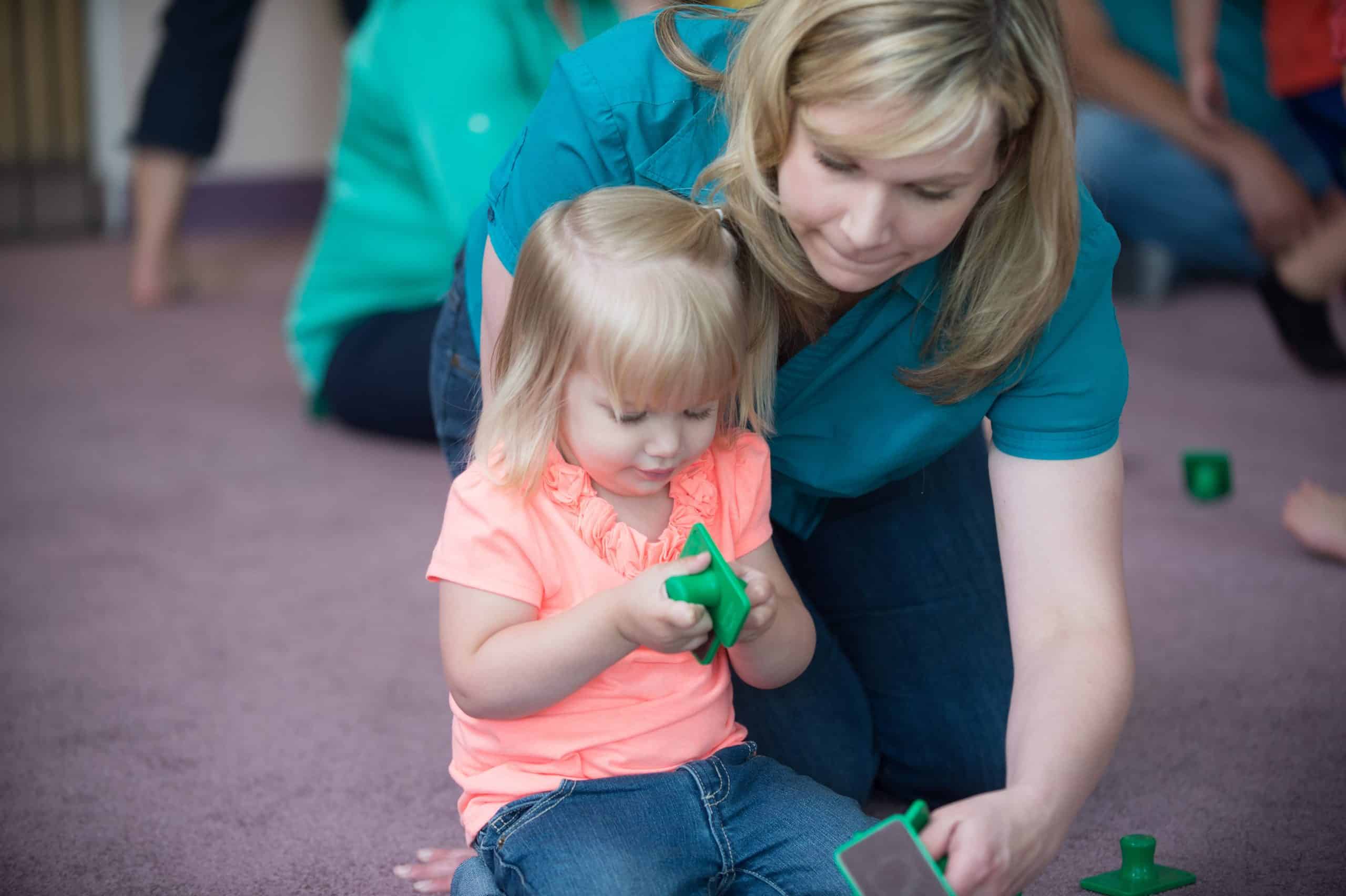by Kathy Morrison, Director
The Kindermusik experience goes way beyond time in the classroom. There are benefits for now and later, for in class and at home. Try these 5 things at home during the first 4 weeks of class. You’ll be delighted with the results!
-
Listen to the Music at home.
Play Kindermusik at home, in the car, at the grocery store, before bed, anywhere! Download the Kindermusik App from iTunes or Google Play and start listening. There are several themed playlists to explore and enjoy. Plus, once you login to the app and access your account, you can listen over 12 albums of music that relates to your child’s Kindermusik class and level. Kindermusik isn’t just a weekly class. We intentionally include materials for families to use together outside of class. We know that connecting the classroom learning to those “everyday” moments supports your role as your child’s first and best teacher and strengthens the neural connections in your child’s brain. (And it’s fun!) BONUS: The more your child knows the music from class, the more he or she will engage in class. So listen and enjoy.
-
Integrate the “eggs away” song into your daily routine
There’s something about singing “eggs away” that moves children to put their eggs in the basket during class. That musical cue works for toys, shoes, clothes, food, etc. So take advantage of this class ritual and use the power at home to help your child transition from one thing to another. Transitions are hard. Use this ritual and ease the way.
TIP: Sing along with your child as much as possible. The voice they love best is YOURS!
-
Play stop and go games with ASL: STOP, the American Sign Language sign for “stop.”
One of the first things parents notice is how we incorporate ASL: STOP into the classroom experience regardless of the child’s age. This is a tool for the brain. You see, the brain is looking for meaningful work. When we say “STOP,” the brain is not sure what to DO. By giving the hands something to do, the brain now has work. And it’s powerful! Use the ASL:STOP sign as part of a game to help your child practice. One more thing – Inhibitory Control is an executive function skill and it takes years to develop.
-
Learn the Hello & Goodbye Song and sing them at home.
Sing hello to friends, to the morning, to each other, and to breakfast. Sing goodbye (or even good night) to the family dog, to the stars, and to brother and sisters. By incorporating musical rituals into your day, your child will have more joy and better understand what to expect when they hear the songs.
-
Create a quiet time ritual of listening or rocking to music.
This isn’t just for babies. Music helps children regulate their emotions. When you combine the practice of self-regulation with moments of focused time with you, then you are creating a ritual that strengths your bonds with your child and also helps your child feel more secure. “Children’s ability to self-regulate predicts high social competence, high academic success, low levels of negative emotion, and even higher SAT test scores (Eisenberg et al. 2004).” – Lucille M. Foran 2009

